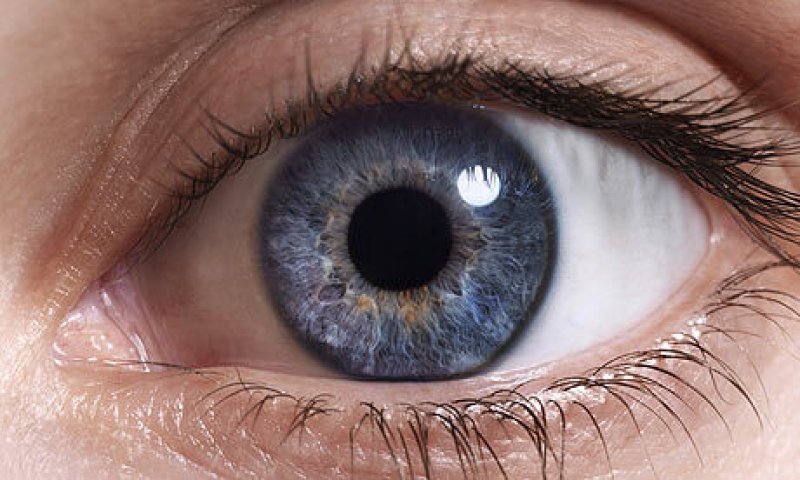Two men with progressive blindness have regained some of their vision after taking part in the first clinical trial of a gene therapy for the condition.
The men were among six patients in an Oxford trial to have experimental treatment for a rare, inherited, disorder called choroideremia, which steadily destroys eyesight and leaves people blind in middle age.
After therapy to correct a faulty gene, the men could read two to four more lines on an optician’s sight chart, a dramatic improvement that has held since the doctors treated them. One man was treated more than two years ago. The other four patients, who had less advanced disease and good eyesight before the trial, had better night vision after the therapy. Poor sight in dim light is one of the first signs of the condition.
The therapy uses a genetically modified virus to smuggle healthy copies of the CHM gene into light-sensitive cells in the retina and supporting tissue called retinal pigment epithelium. The injected viruses infect the eye cells, which then use the new CHM gene to correct the choroideremia. The therapy only works on cells that have not been destroyed by the disease. It cannot replace cells that have died off.
“It is still too early to know if the treatment we have initiated is a permanent cure, but so far the vision that we’ve seen improved has been maintained,” said Robert MacLaren, a consultant surgeon at the Oxford Eye Hospital, who led the trial.
Read the full, original article: Patients with rare sight disorder get vision partly restored via gene therapy
Additional Resources:
- The fall and rise of gene therapy, Wired
- Injecting DNA in the brain: What’s the promise of gene therapy for Parkinson’s disease? Genetic Literacy Project
- The science and troubling ethics of gene therapy, Popular Science































